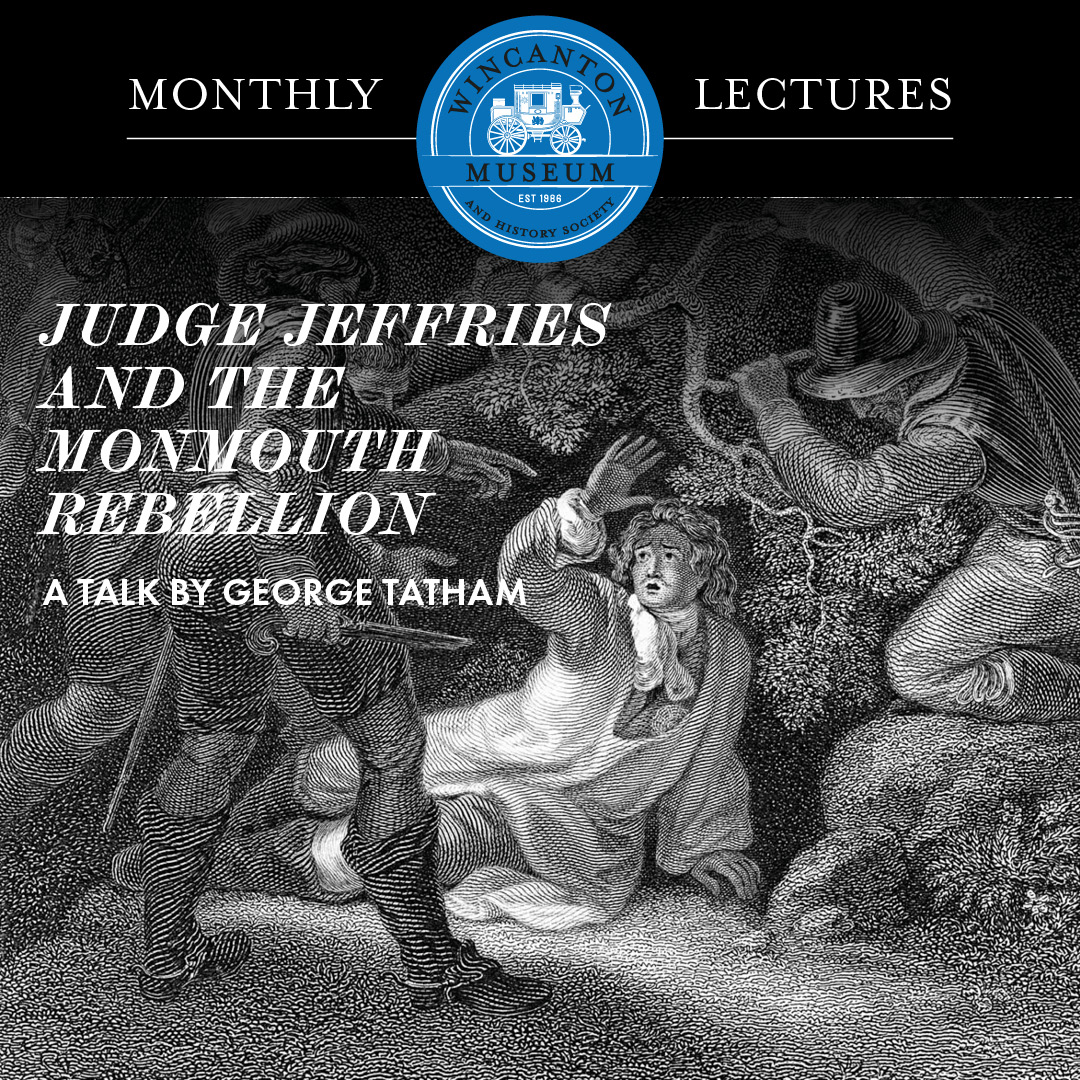TALKS
Our popular WHS Talks are held at the Balsam Centre, Balsam Park BA9 9HB (accessed from Memorial Hall Car Park), usually on the last Wednesday evening of the month.
Doors open 6.30pm with the talk starting at 7pm. Our 9 talks throughout the year range widely, covering local and national topics such as the Roman Villa at the Newt, life of a local vet in 20th century, restoration of Earl of Shaftesbury’s house, the Nuremburg Trials.
A brief round-up of previous talks are available if you click the “Previous Talks” button further down this page.
The programme is being constantly developed so do revisit this site, check out our Instagram or Facebook and look out for our eye-catching posters in various locations around the town advising forthcoming subjects.
Entry Charges (per person):
Members and under 18s: free
Non-members: £10.00
From time to time Special Talks are being booked. The venue for these is the Memorial Hall. Last year we heard from John Blashford-Snell, and enjoyed a live performance of Flamenco dancing. Charges for these talks differ from the standard Talks charge. Keep an eye on this site for details.
Special Talks (per person):
Members: free (donation welcomed)
Non-members: See listing for prices


Judge Jeffries and the Monmouth Rebellion
March 27 @ 19:00 - 21:00
The Bloody Assizes and the most known character connected to them, Judge Jeffries, were drawn out from the broad brush-strokes that often constituted our knowledge of them from school history lessons.
George Tatham gave a well-attended evening the background to the Duke of Monmouth’s rebellion which led to those Assizes. Following the death of Charles II, the succession of his brother, James II, caused concern in a country still riven by religious differences. Eldest illegitimate son of Charles, Monmouth, was encouraged to play his hand and landed at Lyme Regis with a small band of followers. Although several thousand quickly joined him, few were of the gentry or the higher echelons of society. Those from our immediate locality numbered some 18, according to the records shown us. Many seem to have been in the textile industry; they may have been drawn to rebel due to discontent in their industry.
Monmouth seems to have been charismatic, however charm alone was insufficient to pull off a full-scale rebellion without more substance than he was able to attract from the borderlands of Dorset, Devon and Somerset and the centres of population there. Monarchical forces penned his progress to an area now pretty much bordered by the M5 and the A303, as far east as Frome and as far north as Bridgwater.
The Battle of Sedgemoor in July 1685 crushed the short-lived rebellion after barely two months. The slaughter was considerable and many captured. The trials that followed became renowned for the retribution heaped upon the insurgents. In truth, it seems Jeffries and his fellow judges had very little room for manoeuvre. Add to that it appears Jeffries was suffering from a kidney condition which killed him a bare few months afterwards and must have been in pain much of the time, so his reputation may have been marred by a likely irascibility resulting from this. Apparently, there are records that indicate he endeavoured to gain clemency for a few, but the Monarchy was having none of that.
1,381 men and women were tried, and of this number about 250 people were hanged while around 850 were transported to Barbados and Jamaica. A few were in a position to buy themselves off.
The hangings took place all over the rebellious area with 7 being hung in Wincanton. The hangings were of the most punitive variety – hanging, drawing and quartering, in other words, choked by the rope, guts torn out, head chopped off, body butchered into four pieces. Thus, there were five parts from each victim to display in suitable places as a deterrent to any others who might think to repeat the rebellion. Apparently, some of the grisly remains were displayed on the road between Sherborne and Wincanton. There was a discussion between Mr Tatham and some audience members that the red post signpost on that road might mark the spot, but it is impossible to be certain of this. Mr Tatham has obviously delved deep into this subject but owned to some frustration as there are gaps in the records of certain places involved. Nevertheless, his talk cast more light on a local event at the centre of the national events of its time.
